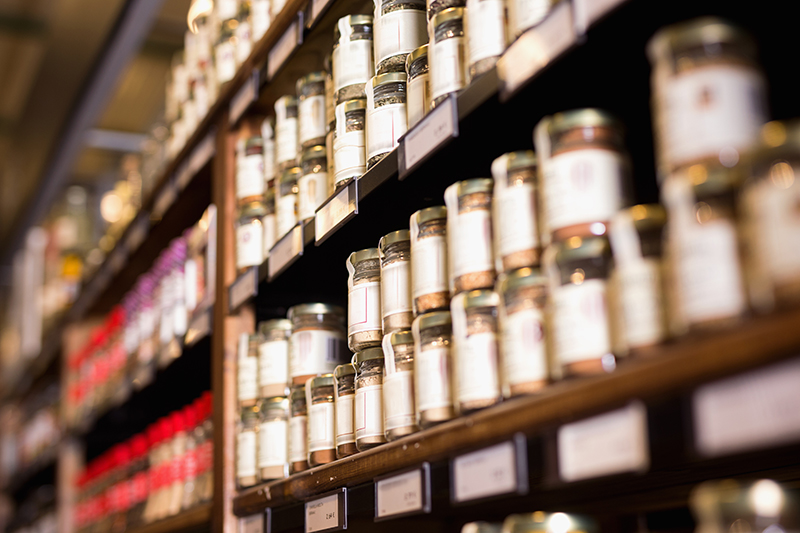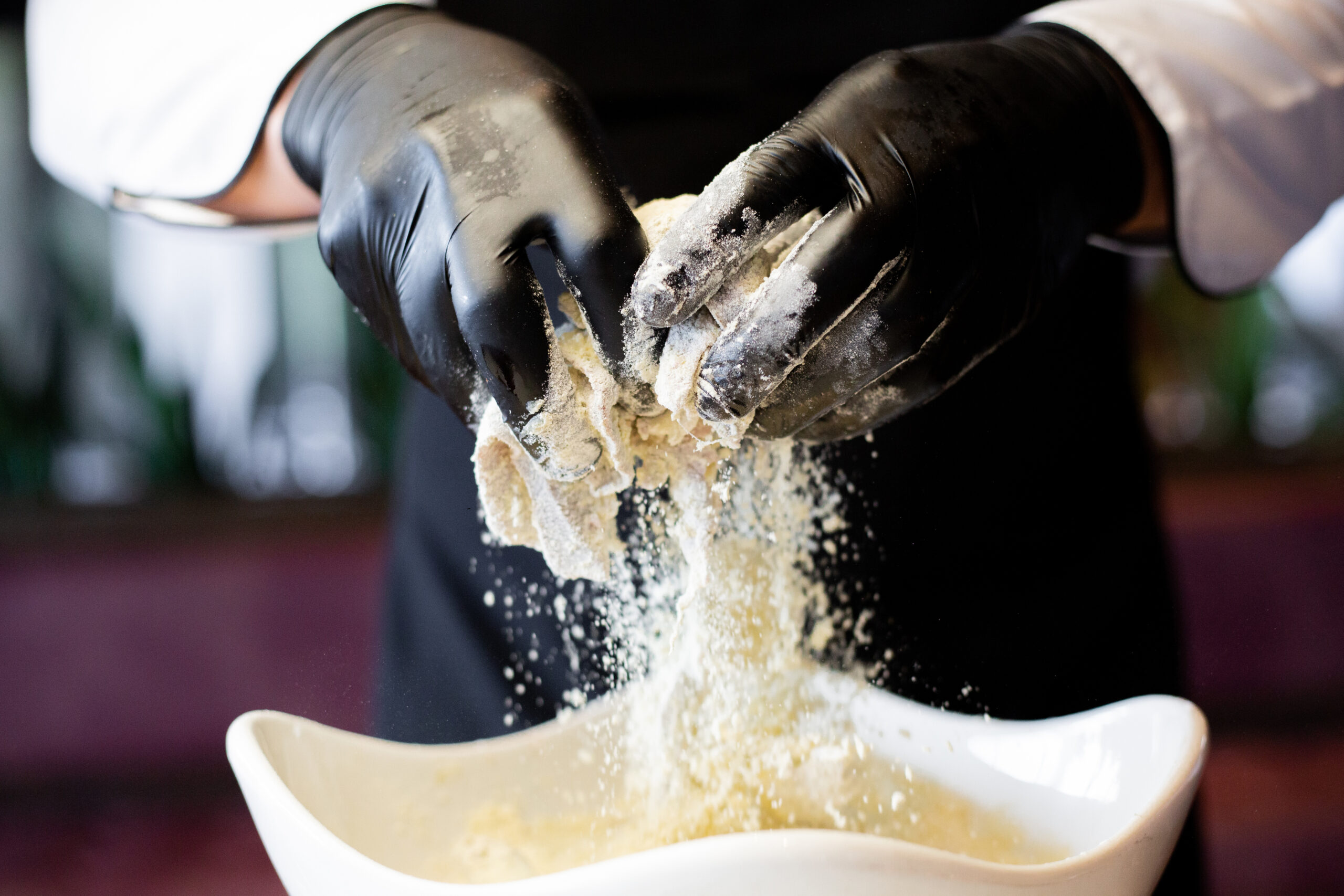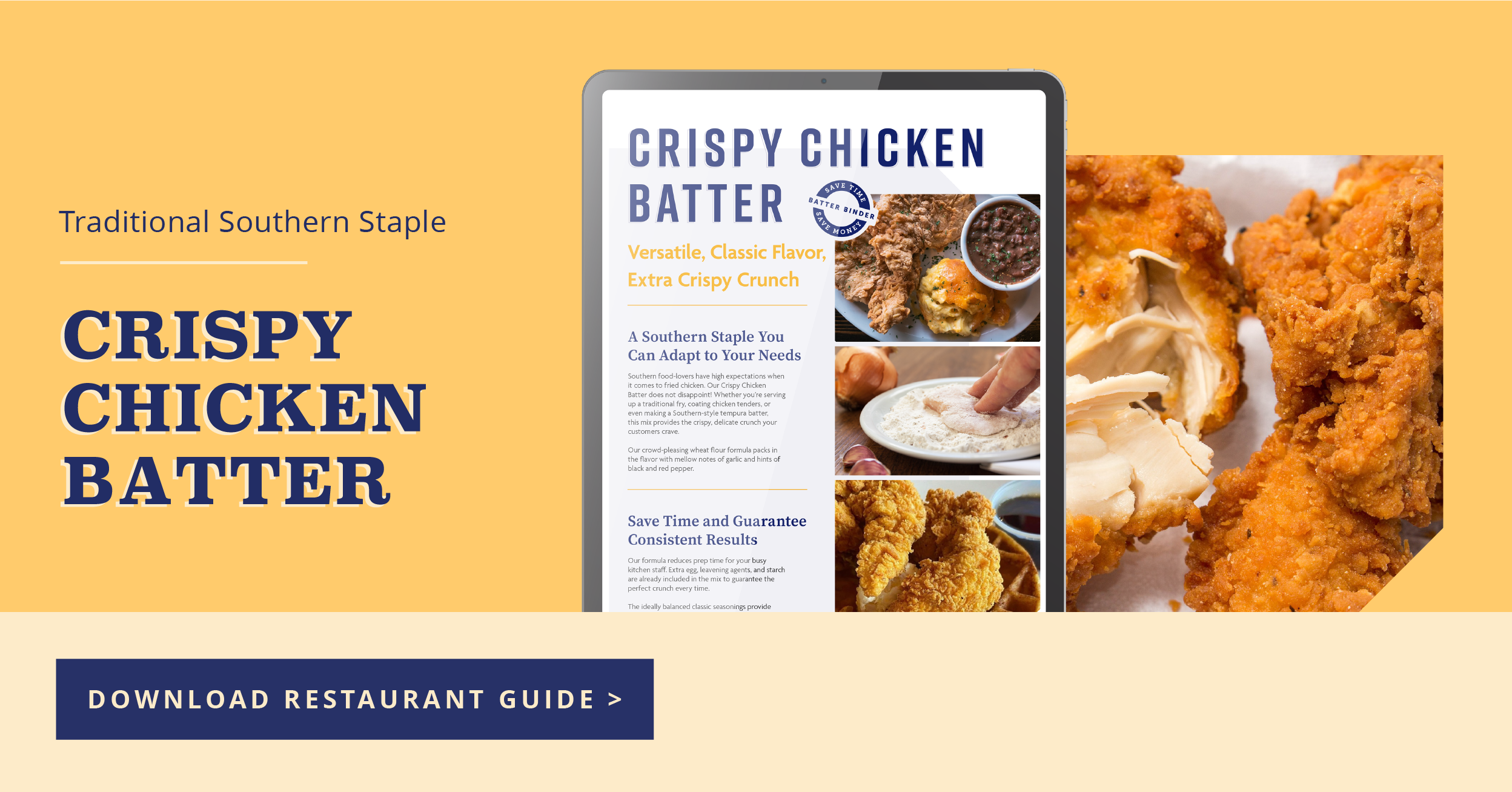Keeping your restaurant afloat in these uncertain times, especially with COVID-19 still running rampant across the country, is a daunting task if you don't learn to think out of the box.
One such way is to start implementing restaurant contract manufacturing. This will help you save time and money when it comes to producing some products in-house.
However, it’s difficult to tell when exactly making this jump is the best choice for your restaurant. So how do you know when the time is right? Well, we’re glad you asked. Together, we can take a look at contract manufacturing and whether or not your restaurant’s ready! So without further ado, let’s get to the meat of it…
The Basics of Restaurant Contract Manufacturing
Before you can ponder whether or not it’s the right time for your restaurant to invest in contract manufacturing, we first need to understand how it works.
Contract manufacturing is the process through which a business will license the assembly of a product they sell to another company. For restaurants, this can range from things like collectible memorabilia (if you’re a franchise or tourist attraction) to spice mixes.
One of the main appeals of this process is that it removes the pressure from the restaurant to produce certain items-in-house. This in turn frees them up to redistribute those resources to improving other aspects of the restaurant (like marketing and product innovation).
Another perk of contract manufacturing sits with how you can control the distribution of said product from the manufacturer. While some manufacturers are restricted to certain areas, the clients’ business can control the rate at which the product goes out. They also get to keep a backstock of surplus product.
There are also three separate types of contract manufacturing for restaurants you can choose from. Primary food processing involves turning raw plants or meats into ingredients for use. Secondary food processing involves taking certain eligible materials and turning them into a “final product” (like making and baking dough).
Finally, tertiary food processing deals with the manufacturing of processed meals (think microwave dinners) to sell independent of the restaurant’s main line of product.
Are You Ready for Contract Manufacturing?
The first way to know if your restaurant is ready for contract manufacturing is to take a look at the level of demand for a certain product. For example, let’s say you keep running out of your special branded spice mix and cannot allocate in-house resources fast enough to meet the demand.
If this is the case, reaching out to a contract manufacturer would save you the headache by delivering the product you need in spades. This also applies if you predict a spike in product sales or customer base on the rise. That way, you can stay ahead of the game and not get thrown off guard when demand skyrockets.
But what if you find yourself with a surplus of product at the end of the night? Then it’s not a financial benefit for you to use a contract manufacturer.
Another factor to analyze is the environment of your restaurant. Is it chaotic and messy, with food getting prepared in range of common allergens? Or do you have a clean and orderly working space, where the production of different food is spaced far enough apart?
Does your restaurant resemble the first question? In that case, getting a contract manufacturer will help ensure that you are producing quality products in a safe environment that meets certain dietary requirements. Some manufacturers even sell their brand on making allergen-free dishes.
More Things to Consider
While it seems like a given that every business would want to expand, that’s not always the case. Some businesses enjoy the client base they have and make enough income that they are content to keep things as is. If your restaurant resembles this, leaping onto contract manufacturing will prove a waste of time for you.
If you’re looking to expand, however, then contract manufacturing is the way to go. After all, the process allows you to create more products faster. Plus, you’ll have a wider area to distribute that product to.
Some contract manufacturers even have ties to markets in other countries. This allows you to start giving your brand a global expansion.
If you can, try to work out how much money you spend making the product vs outsourcing. Once you use this equation, you’ll have a better idea of whether or not your establishment can make the switch.
Is Your Contract Manufacturer Ready for You?
As important as it is to make sure your business’s ready for contract manufacturing, you should also make sure that the contract manufacturer you choose is “ready” for you. The first step is to look at user reviews of the manufacturer you’re thinking about. If not, ask other restaurant owners to verify that they are trustworthy and deliver a high-end product.
Failing to do this research could lead to you sinking time and money into a company that ends up hurting your brand.
Another thing to pay attention to is how the manufacturer company treats you during negotiations. One example of troubling behavior is lowballing the price to get away with sending you a substandard product. Another is using deadlines to pressure you into jumping into an agreement head-on.
If any of these tactics come up, find a different company.
Finally, you’ll want to make sure that you’ve organized both the delivery schedule and pickup of recyclable materials with your manufacturing company beforehand. Without a clear delivery schedule, you could end up getting food that’s spoiled by the time you get it. If the company doesn’t pick up their reusable materials, you’ll get stuck with a pile of waste you can’t do anything with.
The Future of Business
And there you have it! Now that you know all about restaurant contract manufacturing and when your business can make the leap, you’re ready to get started on expanding your restaurant today!
Want to start branching out right away? Feel free to check out our customizable blending process. This is how we bring you the best branded spice mixes around!



